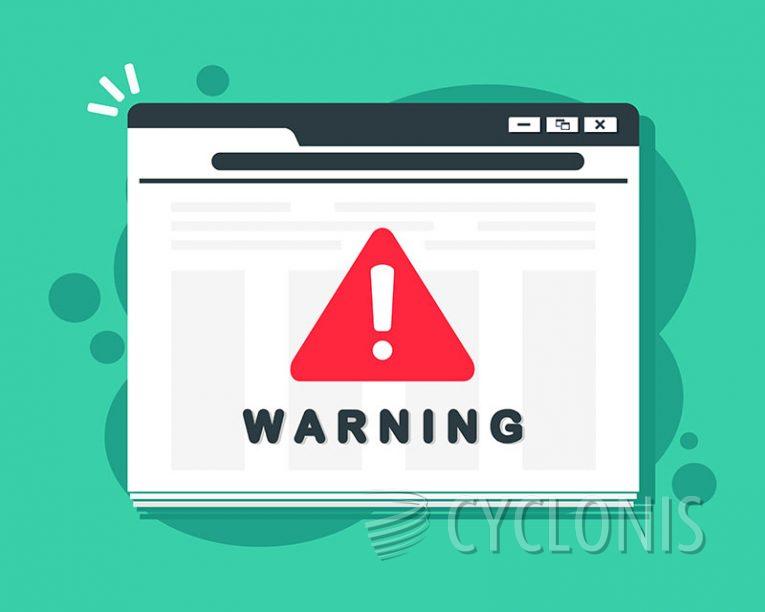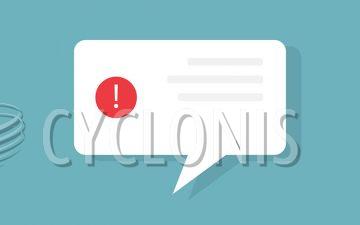"A Malicious Item Has Been Detected!" Pop-Up Scam

We have identified the message in question as a pop-up scam. These scams typically involve the presentation of deceptive pop-up messages with the intention of misleading users into compromising their security. To ensure online safety, it is crucial to be extra careful and refrain from interacting with any prompts associated with this scam.
The displayed message on this fraudulent page mimics a counterfeit antivirus alert purportedly from Windows Firewall Security Center. The site claims to have detected a potentially malicious item labeled "Malware@1xtkkvqax9gzy" in a specific directory but intentionally provides limited details, stating that further information is unavailable.
Users are then given the options to either "Clean" or "Ignore." This messaging tactic is characteristic of a scare tactic, where scammers aim to induce a sense of urgency or panic to manipulate users into taking actions that could jeopardize their computer's security. The primary objective of this scam is to deceive unsuspecting users into calling the provided number (+1-888-390-7276).
Upon contacting the fake support number, scammers may employ various tactics. They might attempt to gain remote access to the victim's computer under the guise of troubleshooting, potentially installing malware, stealing sensitive information, or demanding payment for unnecessary services.
Examples of scams involving the use of remote administration tools to gain access to computers include TeamViewer and UltraViewer scams. It is vital to remain vigilant, refrain from interacting with suspicious pop-ups, and be cautious when urged to contact unfamiliar support numbers.
Why Should You Not Trust Virus Warnings You See on Web Pages?
Virus warnings displayed on web pages should be approached with caution for several reasons:
Potential for Scare Tactics:
Some malicious websites use scare tactics to trick users into believing their device is infected. They display fake virus warnings with alarming messages to create a sense of urgency, hoping users will take immediate, uninformed actions.
Fake Pop-Up Scams:
Cybercriminals often create deceptive pop-up warnings that mimic legitimate antivirus alerts. These pop-ups may claim that your device is infected and prompt you to download a supposed antivirus tool. In reality, these tools may be malware designed to harm your system or steal personal information.
Phishing Attempts:
Fake virus warnings can be part of phishing attempts to gather sensitive information. Users may be directed to enter personal details, login credentials, or financial information under the pretext of addressing a supposed security threat.
Malicious Downloads:
Some deceptive warnings may encourage users to download and install supposed security software. However, these downloads may contain malware or unwanted programs that harm your device rather than protect it.
Rogue Browser Extensions:
Malicious browser extensions may inject fake virus warnings into web pages. These extensions can compromise the security of your browsing experience and may not provide accurate information about potential threats.
Social Engineering Tactics:
Cybercriminals often use social engineering to exploit users' fears and concerns about cybersecurity. Fake virus warnings are designed to manipulate emotions and prompt users into taking actions that benefit the attackers.








